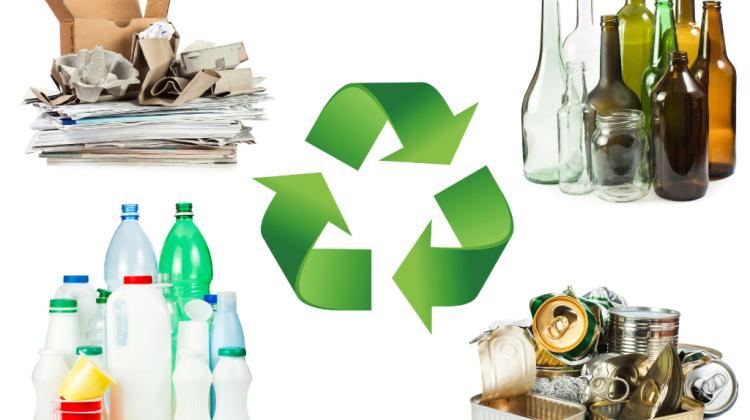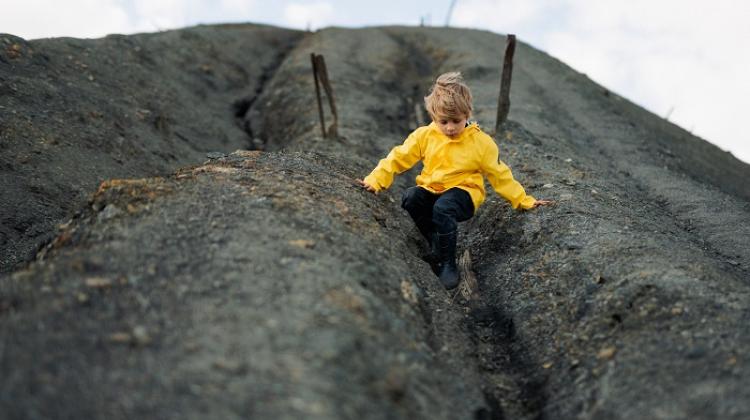Zero waste - philosophy of life for environmental protection
 Photo: Fotolia
Photo: Fotolia
Zero waste, a philosophy of life that encourages to reduce the amount of waste produced by individuals, is an alternative approach to the problem of environmental protection. It is a way of life that leads to more responsible purchasing decisions - says Dr. Agata Rudnicka from the Faculty of Management of the University of Lodz.
"In zero waste, we see the benefits associated with reducing the consumption of resources and a more rational approach to minimizing the amount of generated waste" - adds Dr. Rudnicka.
The researcher points out that the Plastic Packaging Free Day is observed in January, and the Clean Up the World Weekend in September. We also attach more importance to the problem of smog and appreciate the value of natural resources.
"It is encouraging that we are starting to publicly debate the issue of growing environmental pollution. But we still have a big social problem with realizing that waste does not disappear the moment we throw it in the basket, and the average time of its decomposition is several years to several hundred years" - emphasises the expert.
She reminds about new environmental regulations to address environmental challenges, including the recently announced European plastics strategy, aimed at achieving changes in the design, manufacture and use of such products in the EU, or the introduction of recycling fee in Poland. Business is also more involved in investments and activities that result in real environmental benefits.
According to the expert, the efforts of the public administration or the business sector are not enough to change the view of environmental protection. It is necessary to look at this problem from the point of view of the individual and identify the areas where everyone could contribute personally.
Dr. Rudnicka emphasises that one of the concepts that tries to explain the essence of personal commitment to environmental protection and shows the direction worth following is zero waste, a philosophy of life that encourages to reduce the amount of waste produced by individuals.
An example of zero waste is using linen or cotton shopping bags that replace disposable bags. An important element of this philosophy is the 5R's principle (refuse, reduce, reduce, recycle, rot) that refers to minimizing the negative impact on the environment by reducing the amount of waste.
"The idea is to buy products without packaging, buy unprocessed and unpackaged products from local producers, replace plastic cups with reusable plastic and glass bottles, use cotton towels instead of paper towels, and make many other simple changes that result in reducing the negative impact on the environment" - says Dr. Rudnicka.
It is also important to maximize the utility value of goods, give them a second life, share and repair. This includes more conscious shopping, for example buying cloths made of organic materials and limiting the number of things we buy, or the amount of food to avoid wasting it.
"The list of possible actions is long, but the hard part is to develop new habits that will allow to intuitively make more environmentally friendly choices that at the same time will not be an additional effort or a sacrifice of value for the consumer" - she emphasises.
The point is not to quit shopping completely, but to make more thoughtful choices and answer the question of whether we really need the thing that we want to buy.
She believes that zero waste is a long-term process, and pro-environmental habits - as demonstrated in experiments - are only achieved after a few months or even years. "A strong argument for the zero-waste philosophy for the unconvinced could be that irresponsible shopping is nothing but a waste of money" - concluds the expert from the University of Lodz.
PAP - Science in Poland
szu/ kap/
tr. RL
Przed dodaniem komentarza prosimy o zapoznanie z Regulaminem forum serwisu Nauka w Polsce.


















